Good control of water resources, protection of production
During his working trip to An Giang province, attending the National Great Unity Day in Chau Thanh commune (afternoon of November 14), Deputy Prime Minister Le Thanh Long visited and worked with the unit operating the Cai Lon - Cai Be irrigation system. This is the largest irrigation system in the Mekong Delta, playing an important role in regulating water resources, controlling salinity, serving agricultural production and people's economic life.
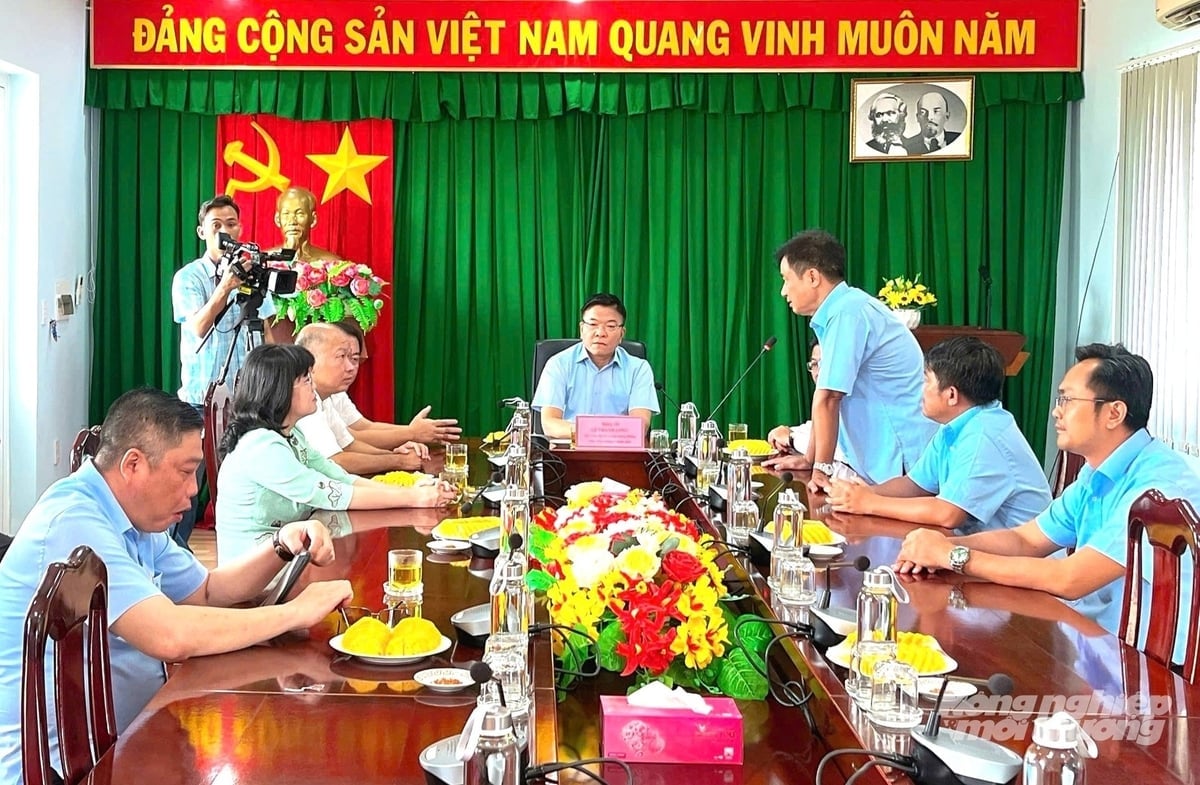
Representatives of the Southern Irrigation Exploitation Company Limited reported on the operation results of the Cai Lon - Cai Be irrigation system and issues that need to be resolved to the working group led by Deputy Prime Minister Le Thanh Long. Photo: Trung Chanh.
Representative of the operation management unit, Mr. Le Tu Do, Deputy General Director of Southern Irrigation Exploitation Company Limited, reported on the results of the operation of the Cai Lon - Cai Be irrigation system, especially in the dry season of 2024 - 2025. This system has been effective in controlling salinity, protecting over 340,000 hectares of rice, crops and aquaculture, helping people in the area maintain stable production.
According to statistics from localities in the Cai Lon - Cai Be project beneficiary areas, despite difficulties due to adverse weather, natural disasters, storms, and saltwater intrusion, agricultural production still achieved and exceeded the set plan. In An Giang province alone (part of the old Kien Giang ), more than 105,000 hectares of summer-autumn rice 2025 have been harvested, with an average yield of 5.62 tons/ha. Autumn-winter rice has been planted on 34,000 hectares and is being harvested on more than 27,500 hectares. The aquaculture area reached 119,492 hectares, exceeding the plan by 101%, mainly shrimp farming in ponds and fields.
In Can Tho city (old Hau Giang region), the 2025 summer-autumn rice crop has also completed harvesting 48,551 hectares, with a yield of 6 tons/ha, and an estimated output of more than 291,000 tons. The autumn-winter crop is harvesting 10,970 hectares. In the old Soc Trang region, more than 18,500 hectares of summer-autumn rice have been harvested, with an average yield of 5.4 tons/ha, an output of nearly 100,000 tons, an aquaculture area of 3,152 hectares, and an output of 12,877 tons. In Ca Mau, the 2025 summer-autumn rice area is 22,975 hectares, with a yield of 5.58 tons/ha, and an output of more than 128,000 tons. The winter-spring crop (shrimp - rice) has been planted on 27,407 hectares, reaching 67.4% of the plan, along with 49,919 hectares of aquaculture.
The above figures show that the operational efficiency of the Cai Lon - Cai Be system in regulating salinity and freshwater, draining floodwaters and storing freshwater has been clearly promoted, helping to stabilize production and livelihoods in the downstream area.
Improve infrastructure, improve operational efficiency
However, the coordination of the irrigation system operation is currently facing some difficulties, with conflicting water usage demands between different sub-regions and a lack of synchronization in auxiliary works and technical infrastructure. Some works have not been fully invested, affecting the efficiency of the system, especially in controlling saltwater resources.
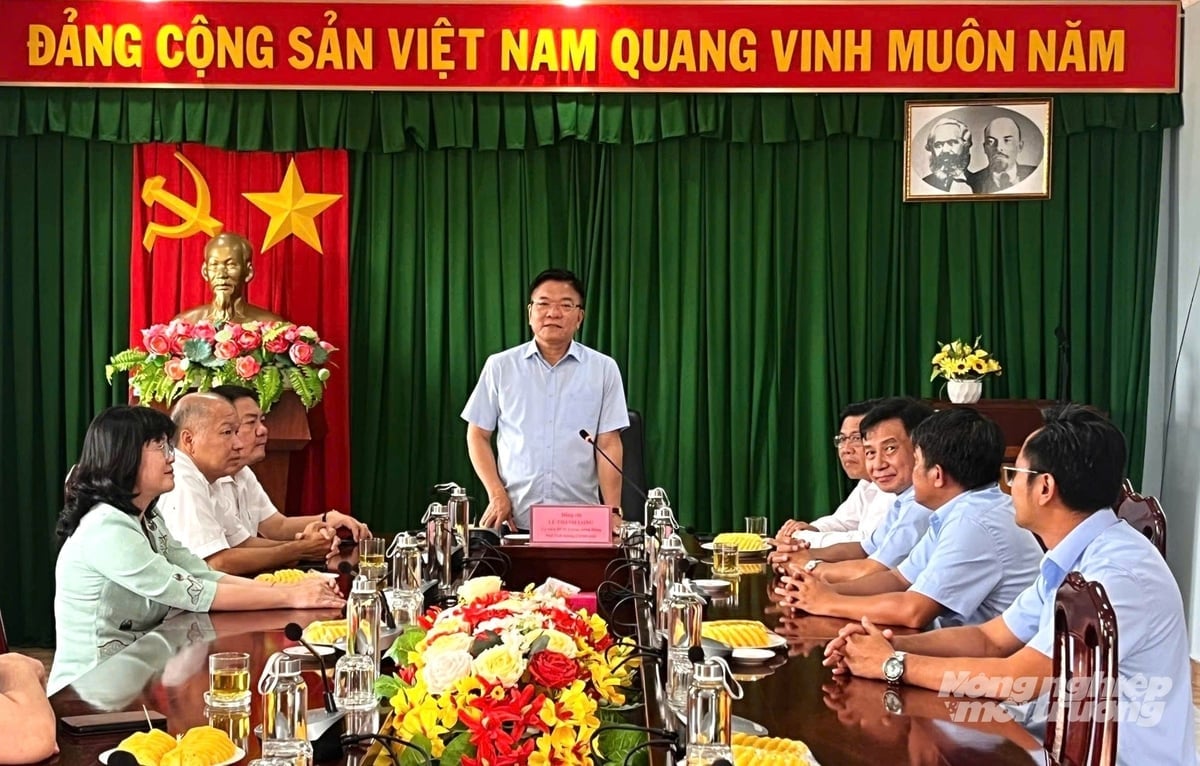
Deputy Prime Minister Le Thanh Long highly appreciated the effectiveness of the Cai Lon - Cai Be irrigation project and requested the relevant agencies to continue to improve the irrigation system for the Mekong Delta region and improve the effectiveness of natural disaster prevention. Photo: Trung Chanh.
Deputy Prime Minister Le Thanh Long highly appreciated the effectiveness of the Cai Lon - Cai Be irrigation project and requested relevant agencies to continue to improve the irrigation system and enhance the ability to prevent drought, water shortage and saltwater intrusion. The Deputy Prime Minister also requested the Ministry of Agriculture and Environment and the People's Committees of the Mekong Delta provinces to prioritize capital allocation and promote investment in auxiliary works and related technical infrastructure.
Deputy Prime Minister Le Thanh Long's visit demonstrates the Government's special attention to developing irrigation systems and ensuring water security for the Mekong Delta, the area predicted to be most severely affected by climate change.
Source: https://nongnghiepmoitruong.vn/pho-thu-tuong-le-thanh-long-kiem-tra-van-hanh-thuy-loi-lon-nhat-dbscl-d784406.html







![[Photo] General Secretary To Lam and National Assembly Chairman Tran Thanh Man attend the 80th Anniversary of the Traditional Day of the Vietnamese Inspection Sector](https://vphoto.vietnam.vn/thumb/1200x675/vietnam/resource/IMAGE/2025/11/17/1763356362984_a2-bnd-7940-3561-jpg.webp)
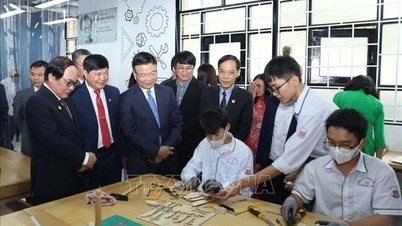

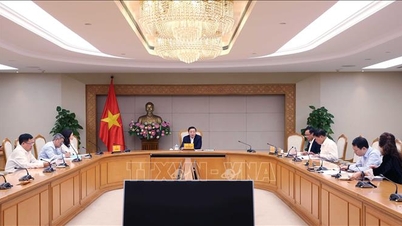
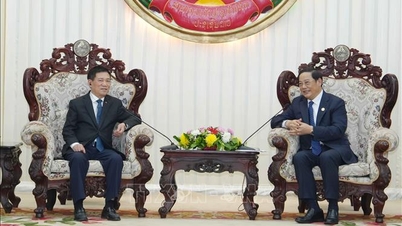
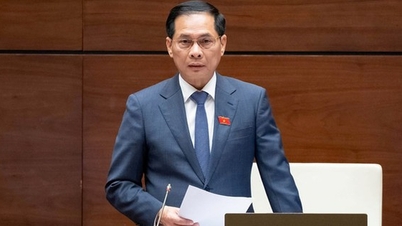

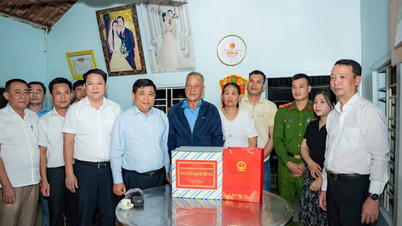

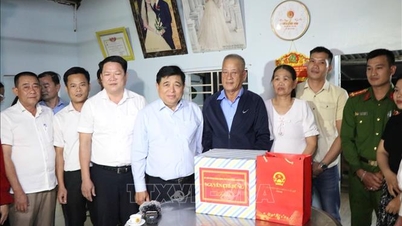
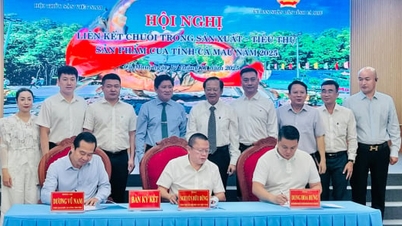
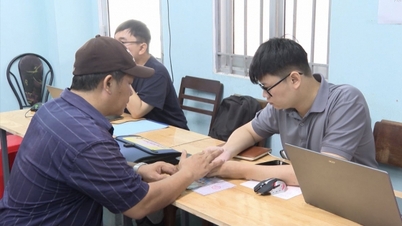


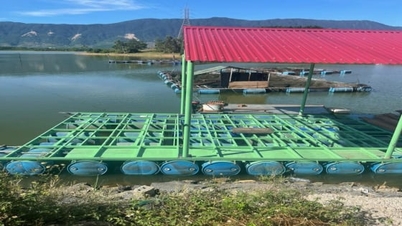
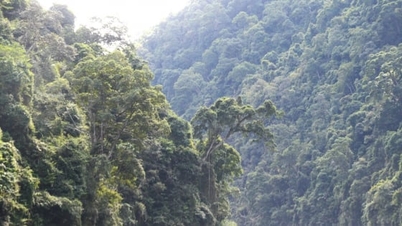





![35 years of building a high-quality cattle herd: [Last article] Continuing achievements](https://vphoto.vietnam.vn/thumb/402x226/vietnam/resource/IMAGE/2025/11/18/1763418782764_5239-anh-gia-trai-bo-o-ca-1-1-nongnghiep-175228.jpeg)
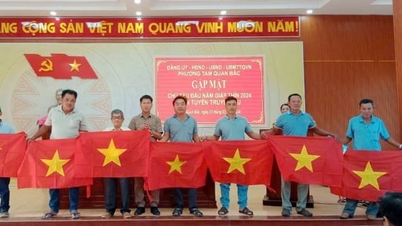
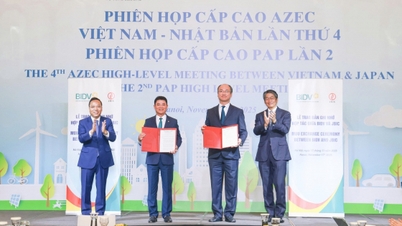

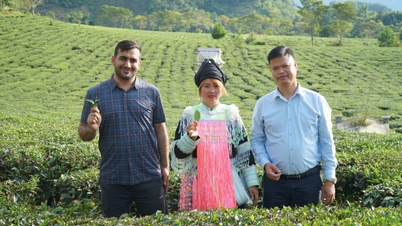



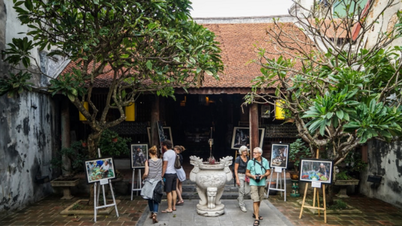





























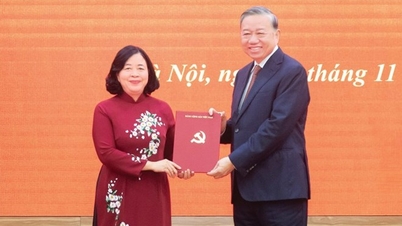

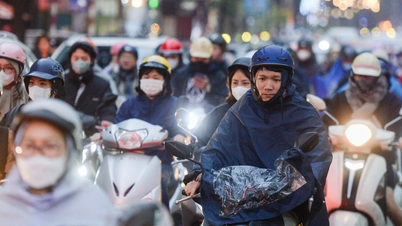
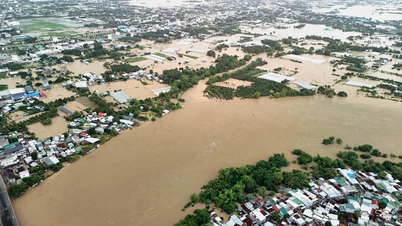



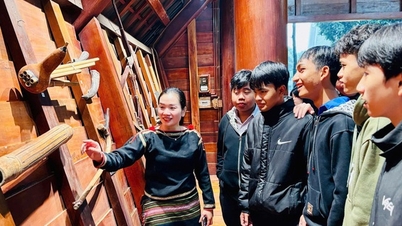








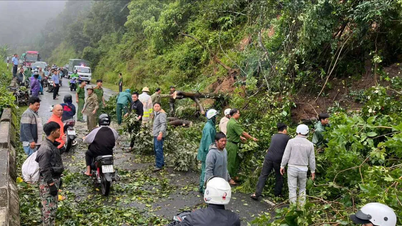






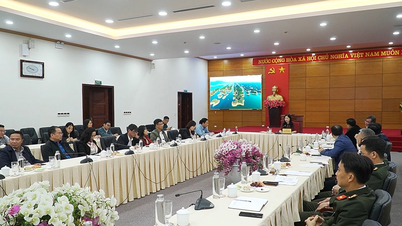















Comment (0)